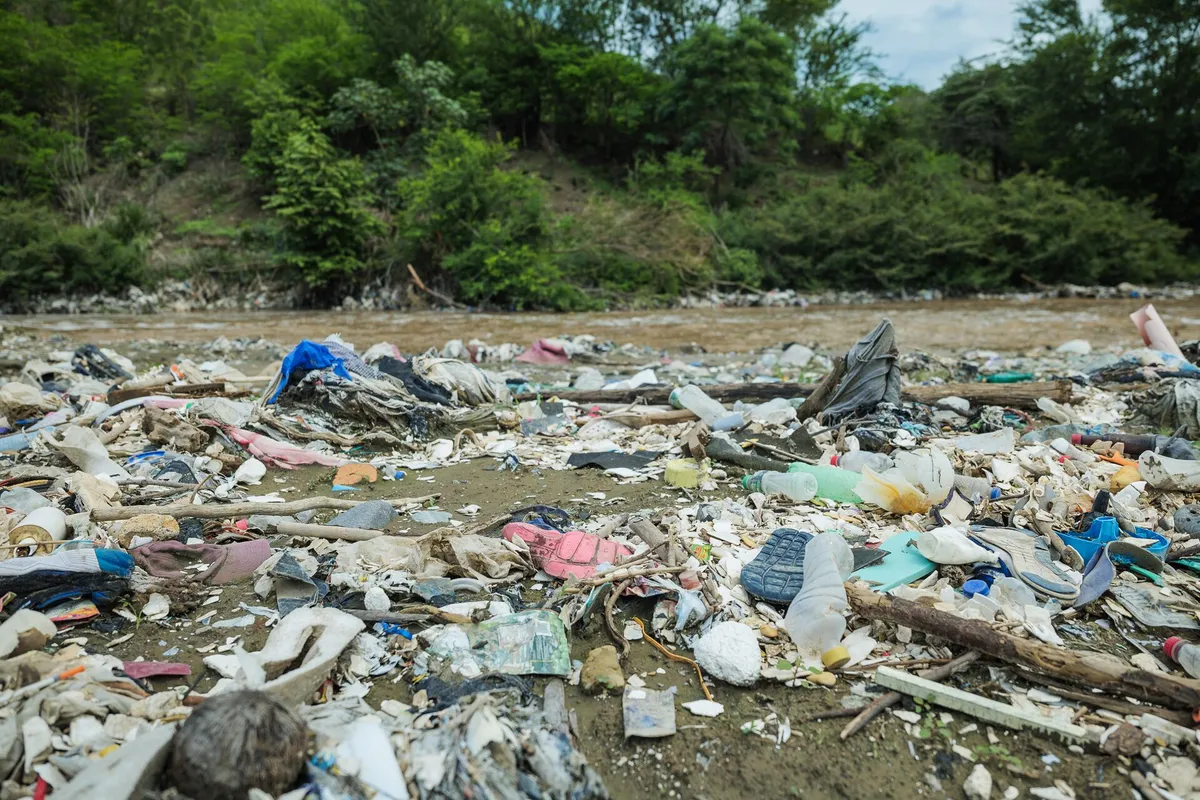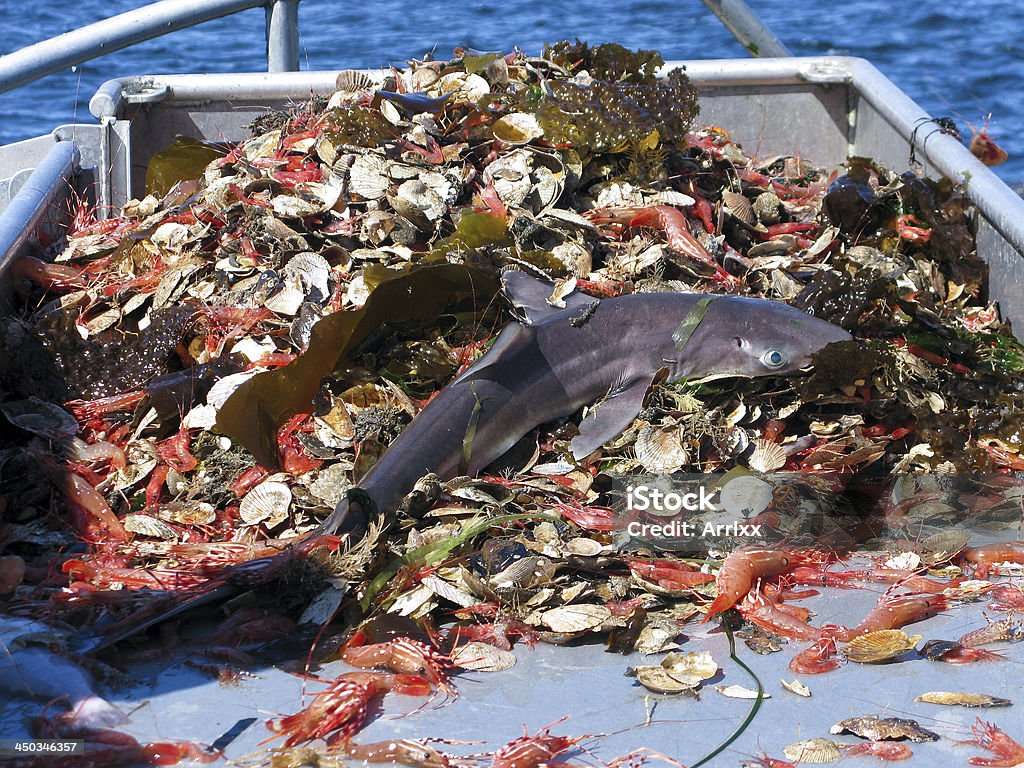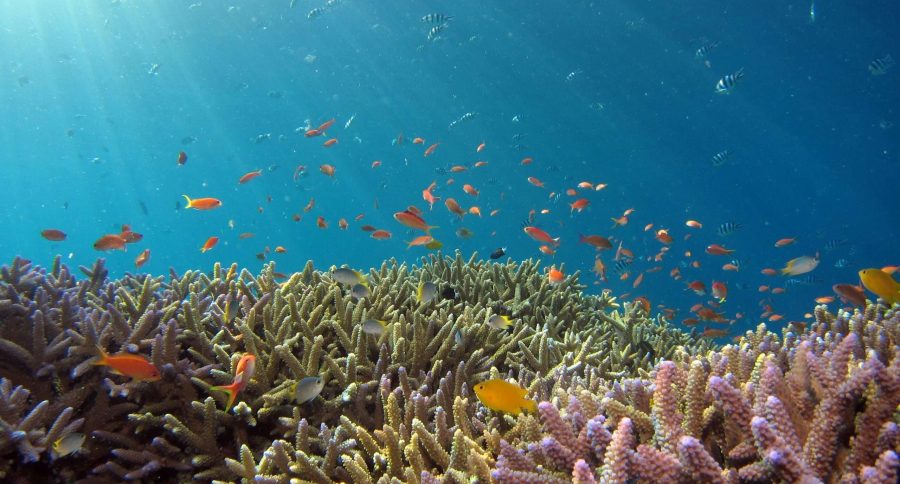Guiding Hatchlings Home: The Impact of Smart Lighting on Turtle Navigation
Introduction to smart lighting for turtle navigation SDG7 is a global issue concerning sustainable, affordable, and clean energy. Science and technology are useful tools for improving energy usage, allowing progress towards this goal. THRIVE Project’s Foundational Focus Factors of science-based targets and a strong emphasis on sustainability and beyond are key. These factors help promote […]
Guiding Hatchlings Home: The Impact of Smart Lighting on Turtle Navigation Read Post »
Energy, Environment, Science, Sustainability, Uncategorized





























